In its continued effort to reduce maternal deaths, the Kwara State Government has trained 193 health workers on the effective use of the Partograph, a critical tool used to monitor labour and detect complications early.
The comprehensive three-day training, which concluded on Wednesday, was organized by the Kwara State Primary Health Care Development Agency (KWSPHCDA) with support from the World Bank’s IMPACT Project (Immunization Plus Malaria Progress by Accelerating Coverage and Transforming Services). The initiative targeted frontline staff from primary healthcare centres across the state, equipping them with the skills needed to improve maternal and newborn health outcomes.
The Executive Secretary of KWSPHCDA, Prof. Nusirat Elelu, emphasized the importance of the training in closing knowledge gaps among newly recruited health workers and refreshing the skills of existing personnel. She noted that effective use of the Partograph could significantly reduce maternal and child mortality by enabling timely decision-making and prompt referrals.
Represented by Dr. Michael Oguntoye, Director of Primary Health Care Systems and Programme Manager of the IMPACT Project, Prof. Elelu reiterated that the Partograph is a lifesaving tool. “If used correctly, it allows healthcare workers to monitor both fetal and maternal wellbeing, identify complications early, and take informed action,” she said.
Prof. Elelu also lauded Governor AbdulRahman AbdulRazaq for his unwavering commitment to healthcare development in the state. She urged participants to take full advantage of the training, as their improved capacity will directly benefit residents and enhance service delivery.
Also speaking, Dr. Medinat Olaosebikan, Focal Person for Reproductive, Maternal, Newborn, Child and Adolescent Health + Nutrition (RMNCAH+N), expressed optimism about the outcome of the training. “We expect to see better quality of care at our primary health centres. With improved skills, health workers can now identify poor labour progress early and take swift action to protect both mother and child,” she stated.
Dr. Olaosebikan concluded by affirming the state’s dedication to strengthening its healthcare system, promoting safe motherhood, and achieving better RMNCAH+N outcomes through capacity-building initiatives like this.


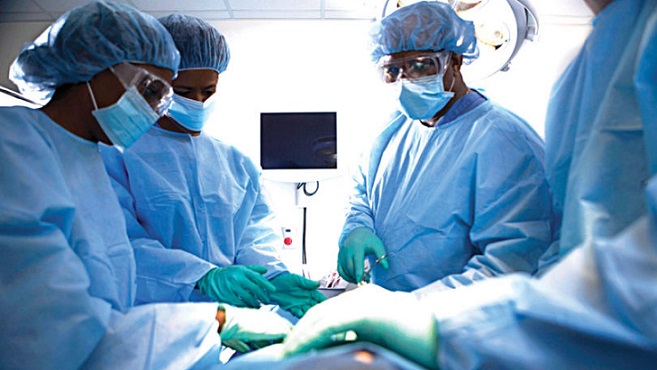

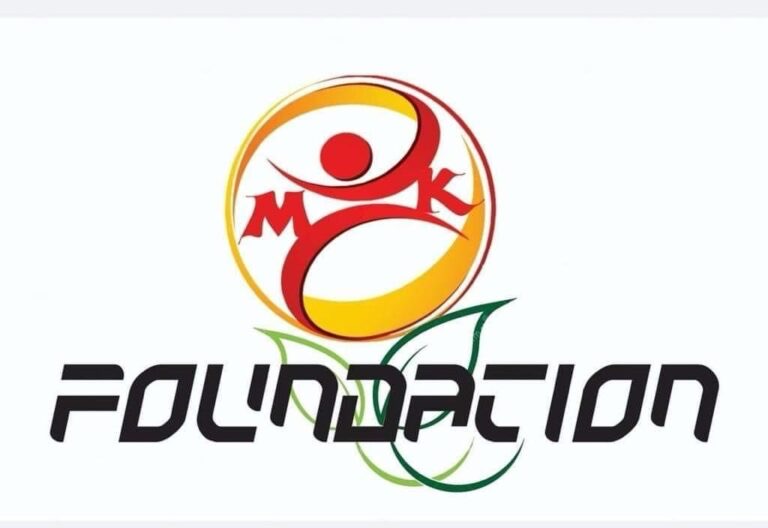

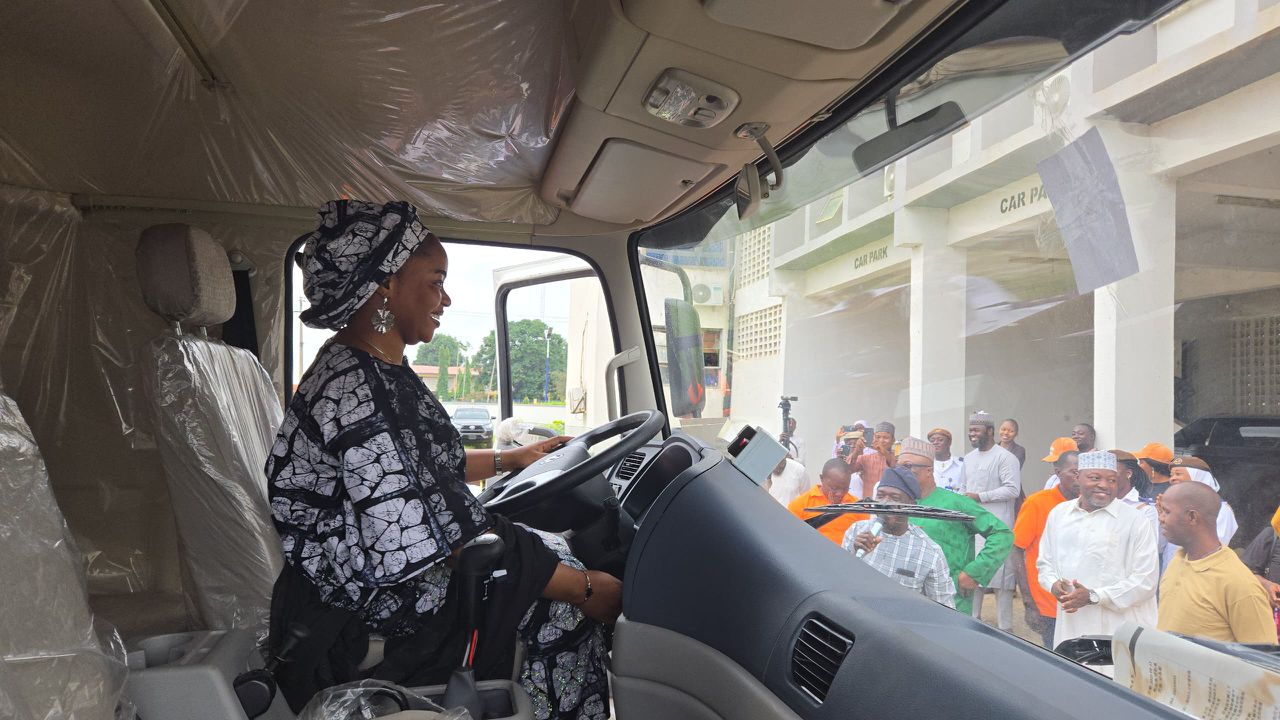
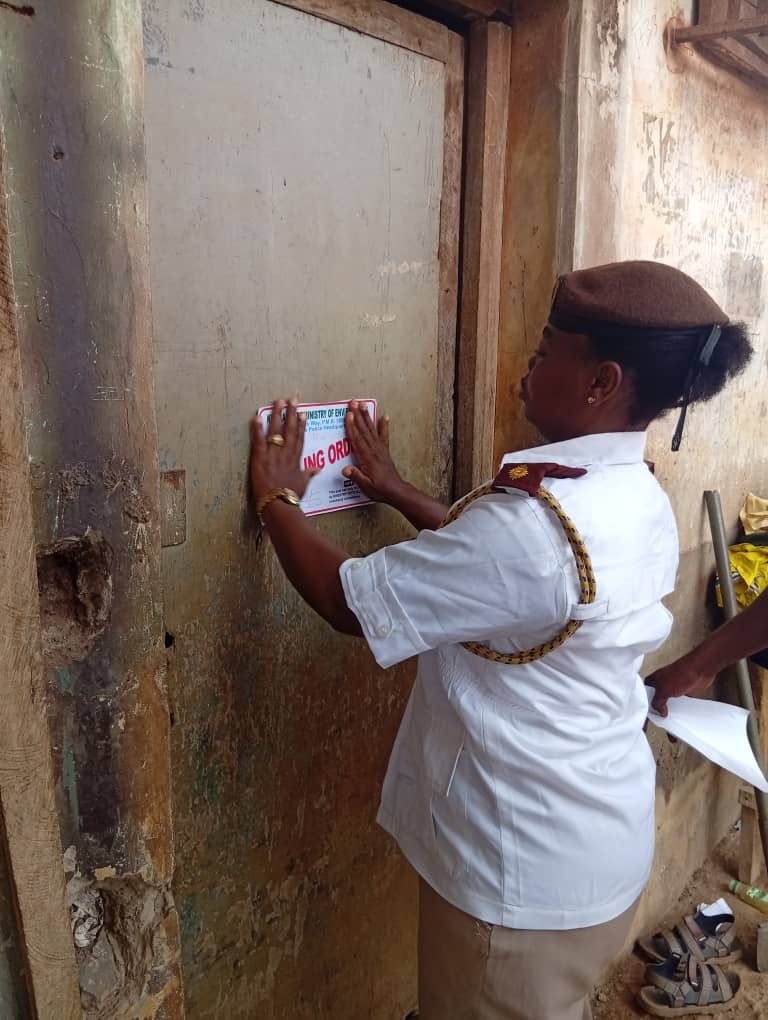

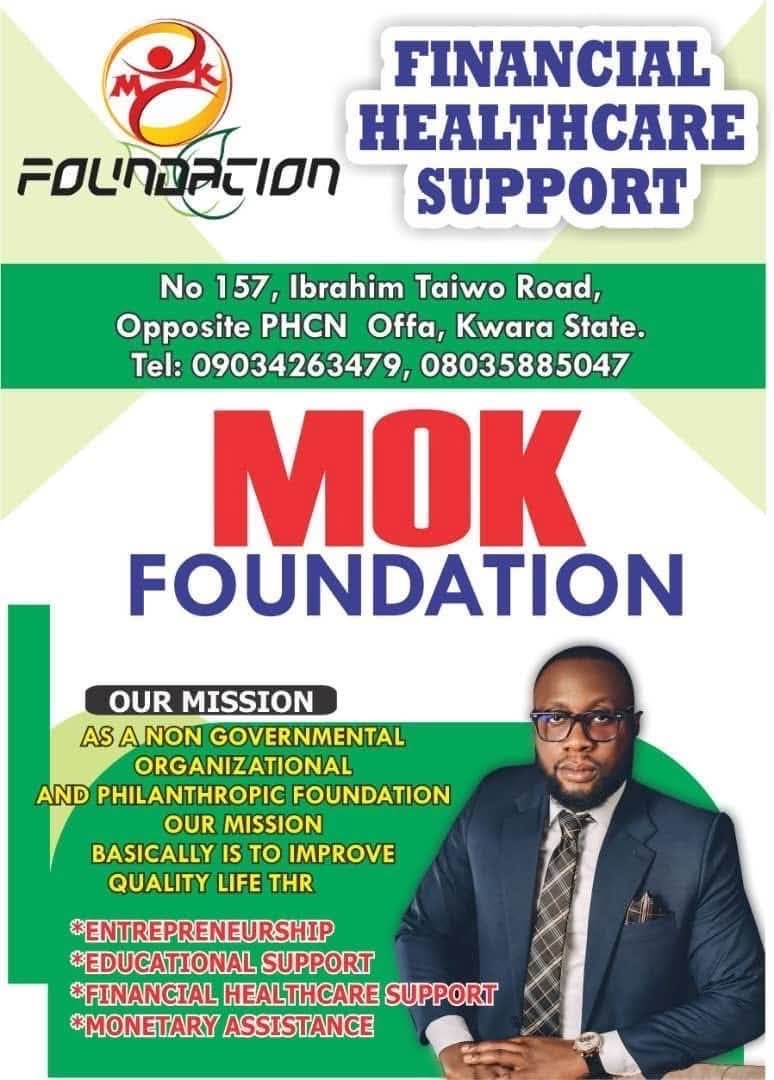



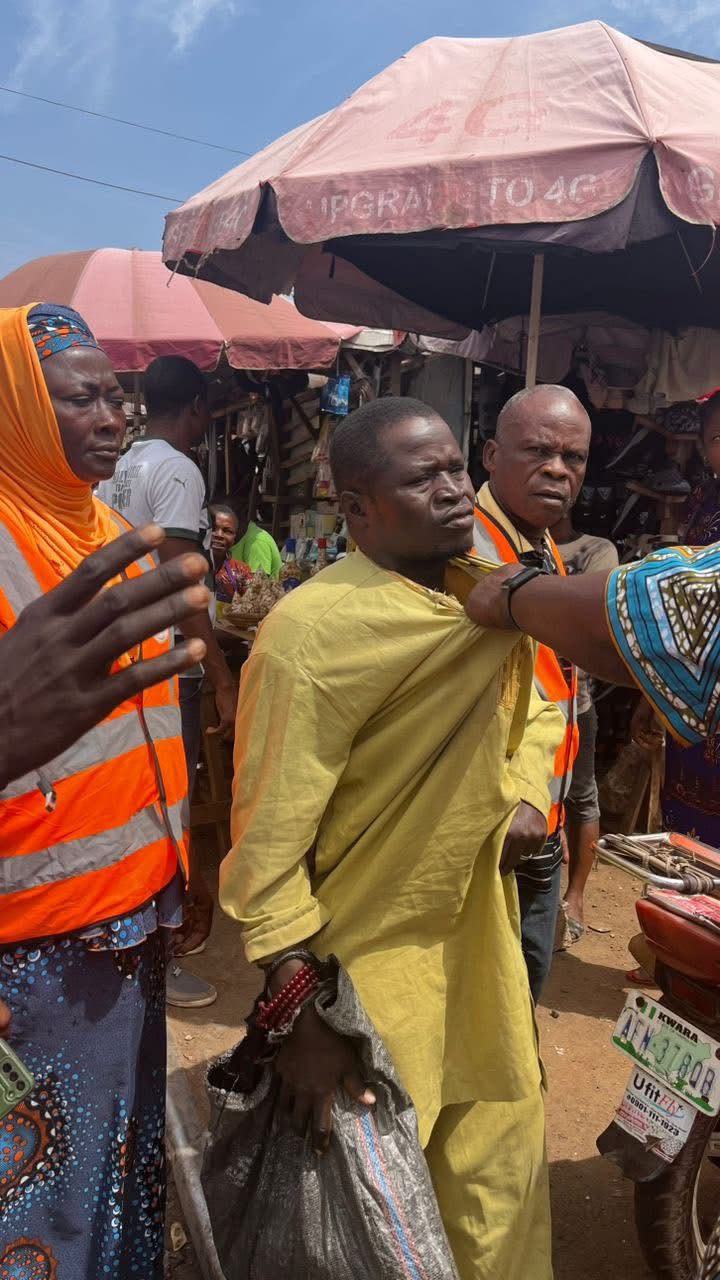
Leave a Reply